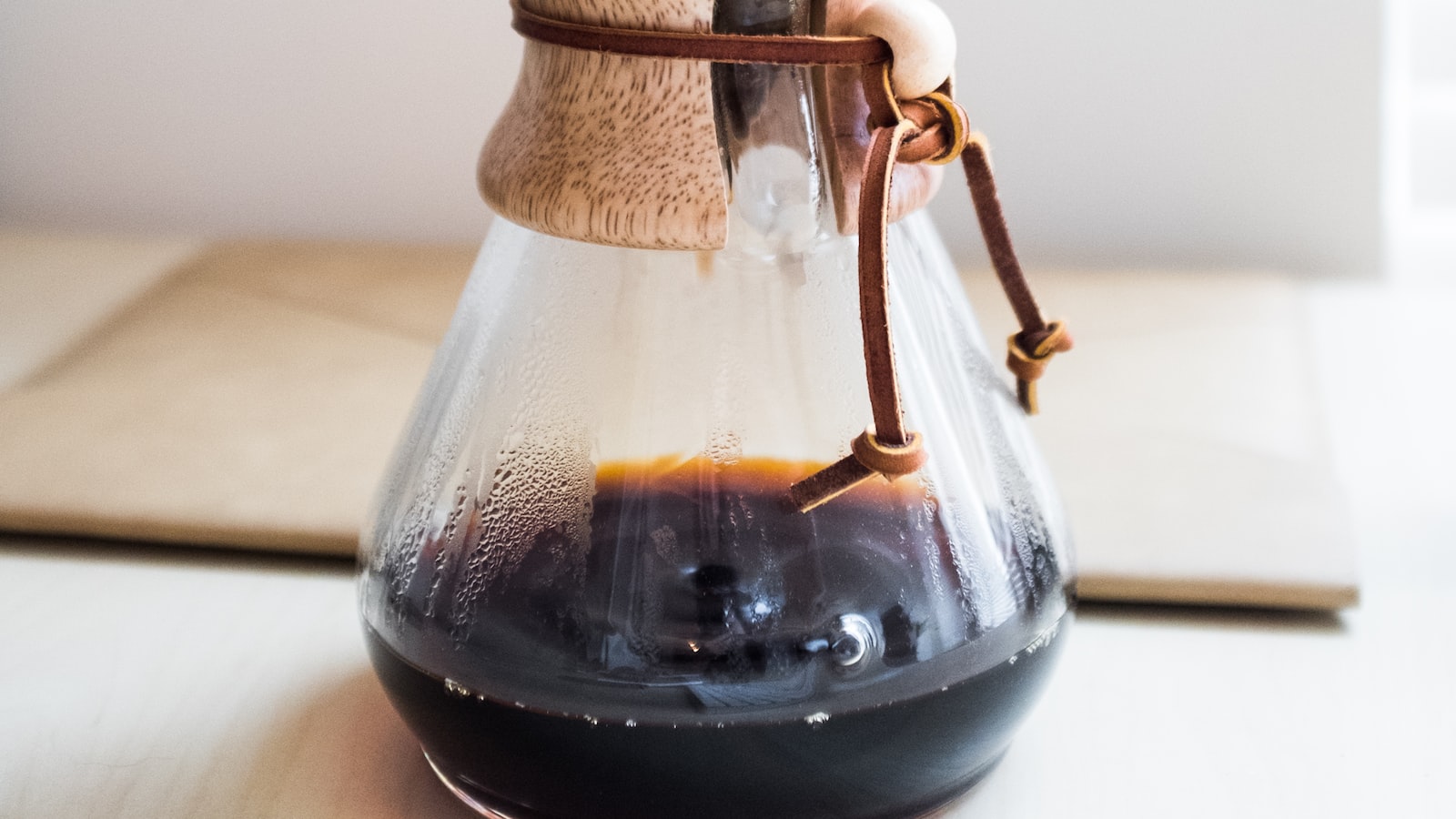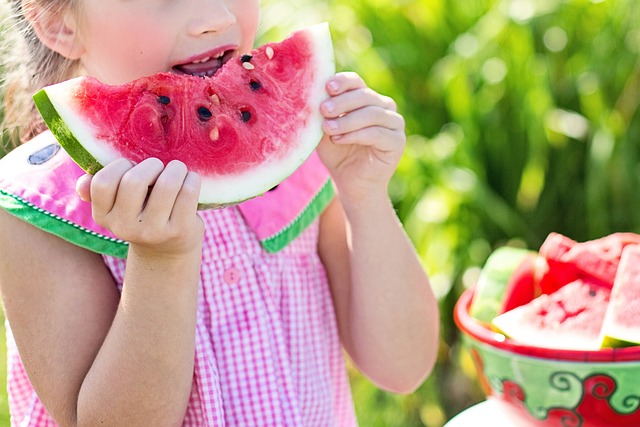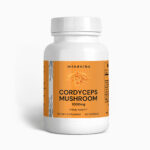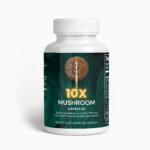
“Is Your Coffee Truly Organic? Here’s How to Tell”
Do you start your day with a warm cup of coffee, feeling good about choosing an organic option? However, have you ever considered the possibility that the coffee you’re drinking may not be truly organic? The truth is, not all coffee labeled as “organic” is entirely free of synthetic pesticides and chemicals. In this article, we will explore how coffee can be labeled as organic, how to recognize truly organic coffee, and the benefits of choosing organic coffee. So let’s take a closer look and ensure that we are starting our day with a truly organic cup of coffee.
1. Introduction: The Importance of Organic Coffee
Organic coffee is more than just a trendy beverage choice; it’s a critical component in promoting environmentally-friendly farming practices and supporting ethical trade. Unlike conventionally grown coffee, organic beans are cultivated without the use of synthetic pesticides, herbicides, and fertilizers that can have detrimental effects on the soil and surrounding ecosystems. Choosing organic coffee helps to promote sustainable agriculture and protect natural resources for future generations.
In addition to environmental benefits, organic coffee also offers a superior flavor profile and health benefits. Organic coffee is grown in a manner that allows for natural ripening, leading to a richer and more complex flavor profile. Moreover, organically grown coffee contains higher levels of antioxidants and beneficial nutrients, making it a healthier choice for coffee lovers.
By choosing to drink organic coffee, you can support independent farmers and communities that practice ethical and sustainable farming methods. This helps to ensure that farmers receive fair compensation for their hard work, and it promotes the wellbeing of workers and their families. Drinking organic coffee is a small but significant choice that can have a positive impact on both your health and the planet.
2. What Does “Organic” Really Mean?
If you’ve ever been to a grocery store, chances are you’ve seen the word “organic” plastered on everything from fruits and vegetables to meat and dairy products. But what exactly does “organic” mean? The term refers to the way crops are grown and how animals are raised for food. Essentially, organic farming and animal husbandry practices are designed to promote soil and water conservation and reduce pollution while also promoting animal welfare and providing consumers with healthier options.
One of the biggest benefits of organic products is that they are free from synthetic pesticides and fertilizers. These chemicals have been linked to a range of health problems, including cancer, neurodevelopmental problems, and respiratory issues. Organic farmers use natural methods to manage pests and fertilize their crops, such as crop rotation, composting, and using beneficial insects. As a result, organic products are not only better for consumers but also for the environment, as they reduce the amount of toxic chemicals that end up in our soil and water.
- Organic Products are More Nutritious: Studies have shown that organic crops contain higher levels of nutrients than conventionally grown crops. Organic crops are grown in healthier soils, which are rich in nutrients and free from synthetic fertilizers and pesticides. This means that organic products are not only better for the environment but also for our health.
- Organic Animal Products are Free from Antibiotics and Hormones: Organic animal products are also free from antibiotics and hormones, which are commonly used in conventional animal agriculture. These chemicals can have negative effects on animal welfare and can also end up in our own bodies when we consume animal products. By choosing organic animal products, we can support farmers who prioritize their animals’ welfare.
In conclusion, consuming organic products can have many benefits for both our health and the environment. To ensure you are buying truly organic products, look for products that have been certified by a third-party organization like the United States Department of Agriculture (USDA) or the Soil Association Certification in the UK. By choosing organic products, we can support sustainable farming practices and make healthier choices for ourselves and our families.

3. The Certification Process for Organic Coffee
Organic coffee is produced in a specific way to comply with established standards of sustainability and environmental protection. Certification provides assurance that your coffee was grown using the best practices and is of the highest quality. involves independent auditors verifying the practices of farmers and processors to ensure that they meet the standards set forth by recognized certification agencies.
includes a thorough examination of the coffee plantation, from the planting process up to the harvesting stage. The inspection is conducted by an independent third party certification body authorized by the accreditation board. The certification process examines the farm’s use of chemical fertilizers, pesticides, and other toxins to ensure that their cultivation methods are safe for the environment. Hence, organic coffee is grown using natural and effective techniques that protect the environment and local workers.
evaluates not only the agricultural practices but also other areas related to the production and supply chain. The certification also involves the labeling and packaging materials, transportation, and storage of the organic coffee. The certifying body also ensures that the organic chain-of-custody is preserved through the entire production process until the product reaches the consumer. Thus, when you purchase organic coffee, the label assures that the product is from eco-friendly farming practices, thereby contributing to environmental conservation.
4. Common Tricks and Tactics Used to Sell Non-Organic Coffee
Roasting Tricks
One trick used in the coffee industry is to roast the beans in such a way that it masks the lower quality flavor. This can be done with the addition of sugar or oils, or by roasting the beans at a higher temperature to create a smoky flavor. Be wary of coffee brands that boast “bold” or “intense” flavors, as this may actually mean the coffee is of lower quality.
Misleading Labels
Another tactic used by coffee companies is to use misleading labels. Phrases such as “handcrafted,” “single-origin,” or “premium” are often thrown around, but they don’t necessarily mean the coffee is organic or of high quality. Additionally, coffee bags may proudly display a “fair trade” label, but this does not guarantee the coffee is organic. Always ensure that the coffee you’re buying has a certified organic label, such as USDA Organic.
Marketing Tactics
Coffee companies also use slick marketing tactics to trick consumers into buying non-organic coffee. Advertisements featuring celebrities or showcasing exotic locations may make the coffee seem more special or luxurious. Additionally, coffee shops may offer “limited edition” or “seasonal” blends, but these are often just repackaged non-organic coffee to create a sense of exclusivity. Don’t be swayed by fancy marketing tricks – always read the label and verify the coffee is certified organic before making a purchase.
5. Ways to Verify the Authenticity of Your Coffee’s Organic Certification
Ensuring the authenticity of your coffee’s organic certification is quite crucial. This is because it guarantees that the coffee you’re drinking is free from harmful pesticides and grown in an eco-friendly environment. The following are :
1. Check for third-party certifications: Look out for organic certifications like USDA, Rainforest Alliance, or Fairtrade. These organizations have strict standards and regulations that farmers must adhere to in order to maintain the certification. Make sure to check if the certification is valid or has expired.
2. Research the coffee’s origin: Knowing where your coffee was grown is important because different countries may have varying levels of organic certification; some have weaker standards, and this could cast doubts on the product’s authenticity. Research the organic certification standards and regulations of the region where your coffee was grown.
3. Investigate the producer’s history: Investigating the producer’s history can give you more details about their farming practices and certifications. Visit the producer’s website or reach out to them to learn more about their certifications and farming practices. If a producer has a good, consistent track record with their organic coffee certifications, it’s an extra assurance that you’re getting the genuine thing.
6. The Benefits of Drinking Organic Coffee
If you’re a coffee lover, you might already be aware of the health benefits that come with drinking coffee. But have you tried organic coffee? Not only does it taste delicious, but it also has numerous health benefits that can improve your overall well-being. Here are some benefits of drinking organic coffee:
- Rich in Antioxidants: Organic coffee is rich in antioxidants that protect your body against free radicals that can cause cell damage and contribute to diseases like cancer and heart disease.
- Lowered Risk of Chronic Diseases: The antioxidants in organic coffee have anti-inflammatory properties, which means they can reduce the risk of chronic diseases like arthritis, Alzheimer’s disease, and Parkinson’s disease.
- Richer in Nutrients: Since organic coffee is grown in nutrient-rich soil without the use of synthetic pesticides, it contains more nutrients like vitamins B and C, manganese, and potassium.
In addition to the health benefits, drinking organic coffee can also support sustainable farming practices and help protect the environment. Organic coffee farming practices often involve shade-grown techniques that help protect local ecosystems and promote biodiversity.
So why not make a switch to organic coffee? Not only does it taste great and provide numerous health benefits, but it also supports sustainable farming practices. Try it out and see the difference for yourself!
7. Conclusion: Make the Switch to Authentic Organic Coffee Today!
Switching to authentic organic coffee isn’t just a health decision but an ethical one too. By making the switch, you not only choose the best quality beans but also support fair labor practices and minimize the harm to the environment.
Multiple studies have shown that organic coffee is tastier and more flavorful than conventional varieties. You can also enjoy the benefits of coffee without worrying about the toxins, pesticides, and chemicals that are present in non-organic varieties. Moreover, by opting for organic coffee, you are encouraging farmers to grow sustainable crops and protect the biodiversity of the coffee-growing regions.
With numerous benefits, making the switch to organic coffee is definitely worth it. You can support the farmers, relish the rich taste, and take steps towards a healthier lifestyle. Start your day with a hot cup of organic coffee and enjoy the natural aroma, the refreshing flavor, and the peace of mind that comes with making an eco-friendly choice.
- Support fair labor practices
- Protect the environment
- Avoid harmful chemicals
- Encourage sustainable agriculture
- Look for certified organic labels
- Check the origin and the quality of the beans
- Choose the roast level that suits your taste
- Try different varieties and brands
Organic coffee is the way to go if you want that delicious cup of joe without all the chemical and environmental baggage. It will taste better, come with a better conscience, and be fresher too! Educate yourself on the source of your coffee and the methods used to grow it, and make sure it’s as organic as you need it to be. Happy sipping!

























